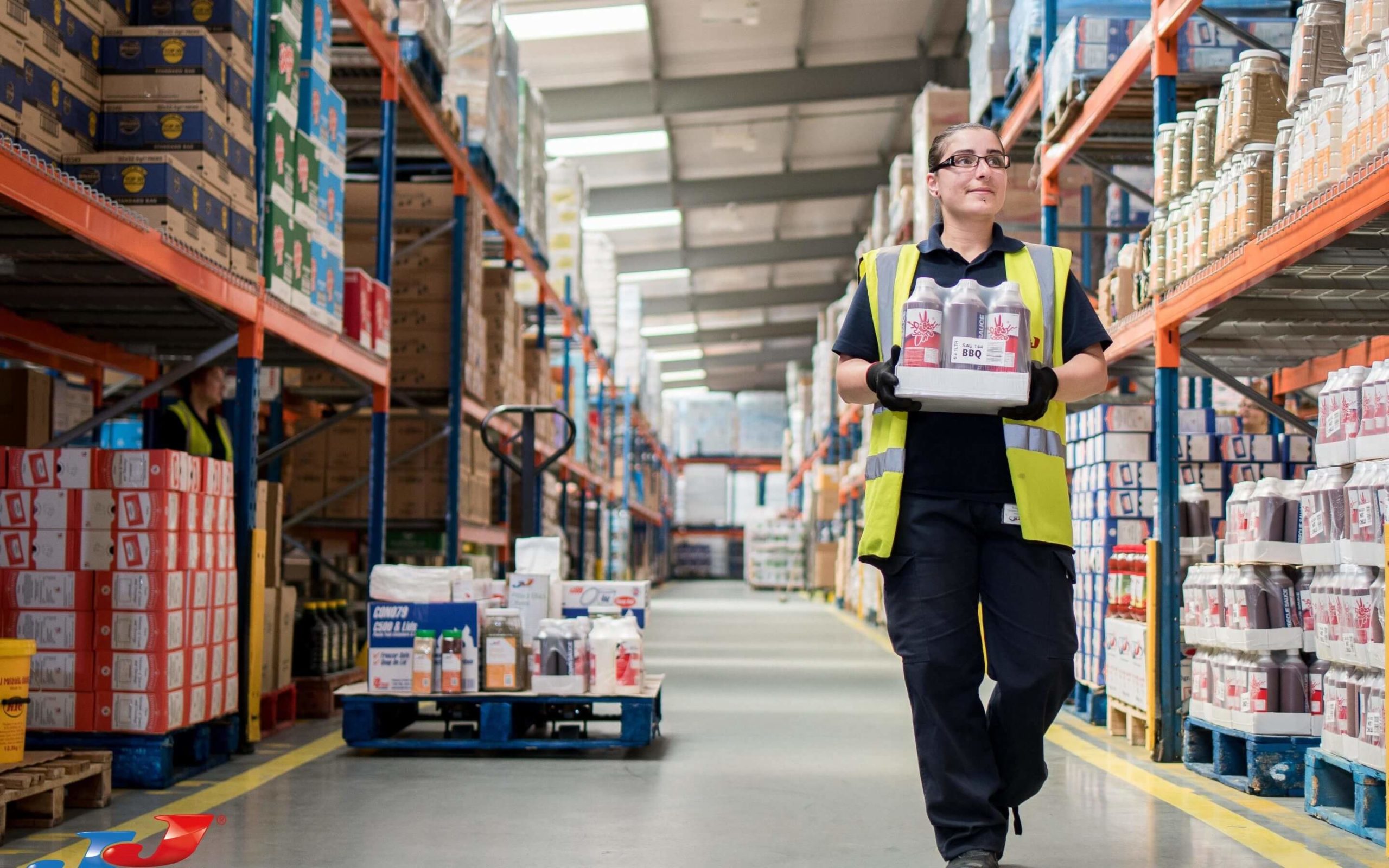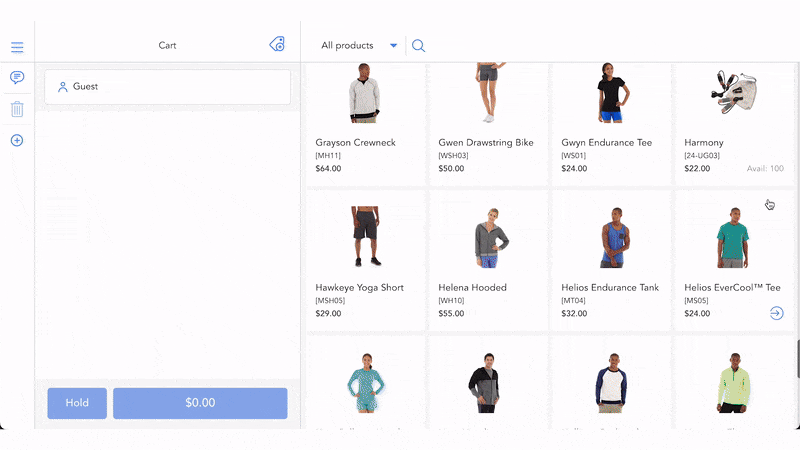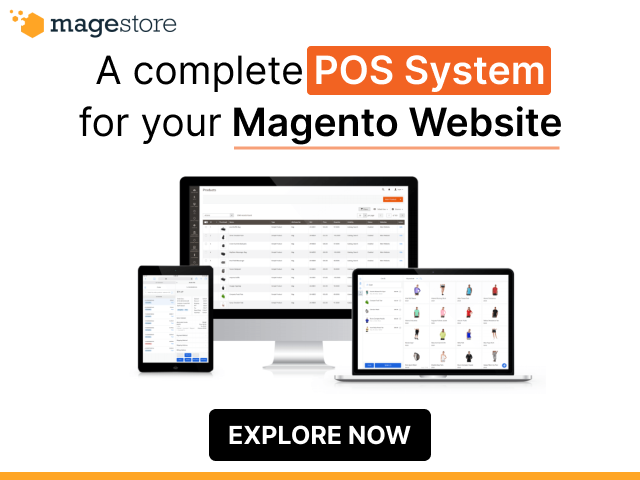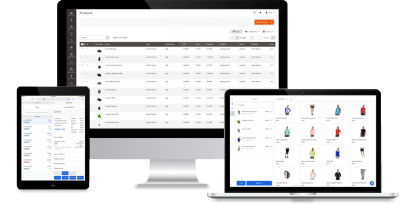Wholesalers are the ones who buy goods from manufacturers and resell to retailers. In other words, wholesalers provide inventory that you sell to customers. Whether you run an eCommerce business or a brick-and-mortar store, wholesale distributors play an important role in connecting you with manufacturers. According to GlobeNewswire, the global retail and wholesale market is $71,809.83 billion in 2021 and will reach $93,696.36 billion by 2025 at a CAGR of 7%. Of course, as a small business, you’ll want to find the right people to work with and avoid dealing with too many wholesale suppliers. Thus, we’ll guide you on how to find wholesalers quickly and free.
- Step 1. Build your criteria for finding retail wholesale distributors
- Step 2. Sketch your purchase plan
- Step 3. Use free online search engines to find wholesalers
- Step 4. Refer to wholesale suppliers databases and business directory
- Step 5. Attend domestic and international trade shows
- Step 6. Get information from trade publications and networks
- Step 7. Check your wholesale suppliers information thoroughly
- Related questions
Step 1. Build your criteria for finding retail wholesale distributors
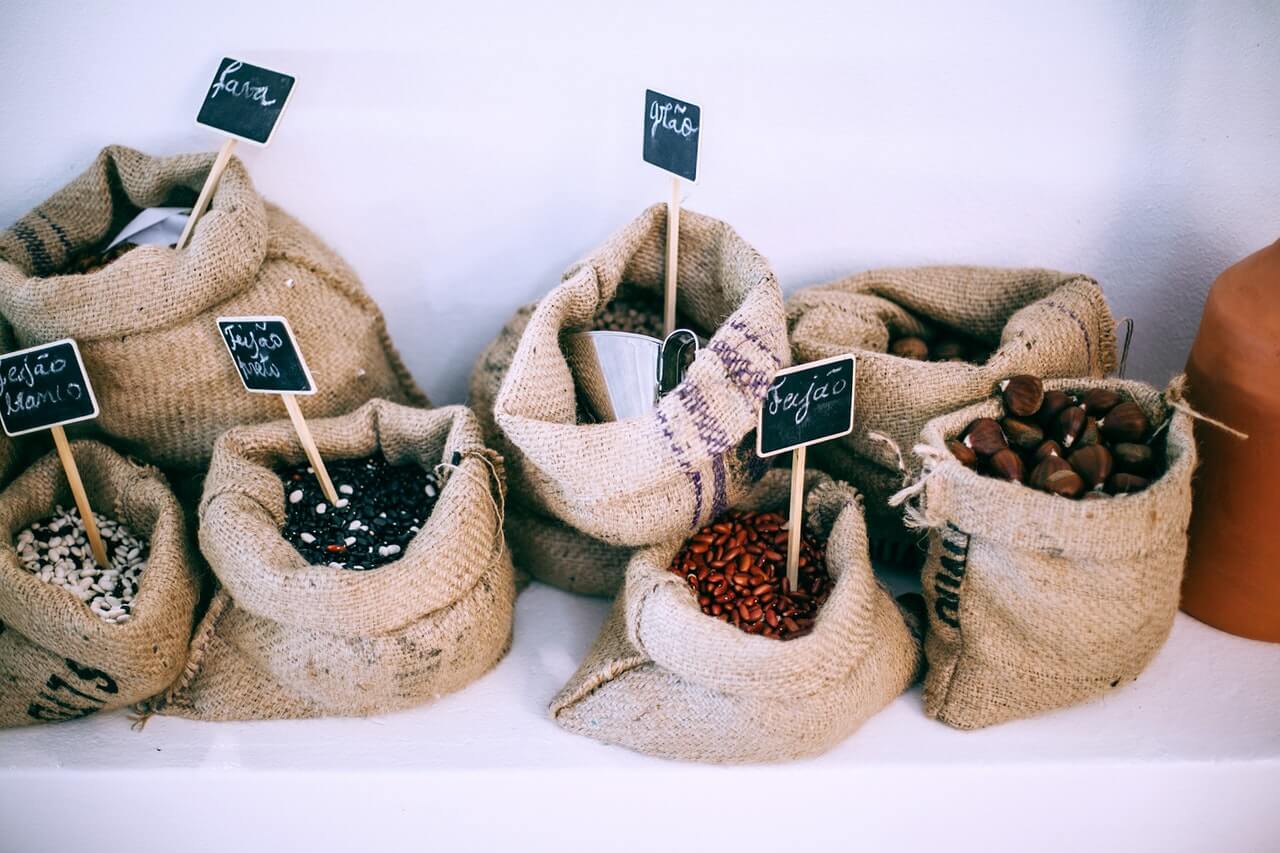
Understand distribution channels in your industry
Each line of wholesalers has its unique distribution channels. In addition, your retail procurement process varies depending on the product, country, and region. Therefore, you need to understand your industry’s supply chain and distribution channels to find the right wholesale suppliers. Below is a summary table comparing different forms of distribution channels.
Manufacturer | Importer or exclusive distributor | Wholesaler or regional distributor | Jobbers | |
Definition | Provide some products directly to you from manufacturers | Have sole right to import and distribute a product in a specific country | Take delivery of boxcar-sized lots and sell to local wholesalers | Make daily deliveries |
Suitable for | Boutique stores | Retailers and smaller local wholesalers | Small businesses | Local grocers and retail brick-and-mortar stores |
Choose the wholesaler type you want to find
Before we look at how to find the service provider you need, it’s essential to understand how wholesale supplier, wholesale vendor, and wholesale distributor differ and the role each plays in the supply chain:
- A wholesale supplier: Manufacture of a material or part or product. They’re selling their materials and goods to suppliers.
- A wholesale vendor: Sell and supply the supplier’s goods. While they’re the aggregate source of many wholesale suppliers, a wholesale vendor usually has its brand name.
- A wholesale distributor: Buys goods wholesale and resells them to consumers or retailers. A wholesale distributor is a final step in the supply chain before goods reach the end-users.
Define characteristics of your right wholesale distributors

The type of distribution you need will depend on your goals. When you know what you’re looking for, you’ll know where to find wholesale vendors to supply your business. But, first, you need to build the suitable wholesale suppliers characteristics, including:
- Have vast connections with manufacturers of products your business needs
- Offer affordable price
- Serve your geographic area
- Be reputable and trustworthy
- Provide easy, transparent, and flexible workflows
Step 2. Sketch your purchase plan
Determine the type of materials and goods to purchase in bulk

The wholesale industry involves many different approaches, but the common theme is buying and selling goods in bulk. Therefore, if you want to set up a food and drink shop, you need to know how to calculate food cost percentage and keep a close eye on it to decide the right distributors with the best prices. For example, if KFC sells 70 million fried chicken per day with minus 1 cent of the cost of goods sold (COGS), they’ll lose $700,000/day, or 255 million/year. As a result, tracking and optimizing restaurant feed cost percentages can help you maximize your profits.
Select wholesalers with optimal process to your store operations

Warehousing or inventory management are the two most time-consuming and costly processes in a retail management. Hence, dropshipping is more prevalent in the eCommerce business. Dropshipping is the process of using a third-party service to create, package, and ship your goods to your customers. As a result, it offers more convenience and fewer costs (storage, shipping, and order fulfillment fees). You can find popular wholesale suppliers with dropshipping service like:
Leverage a blanket purchase order
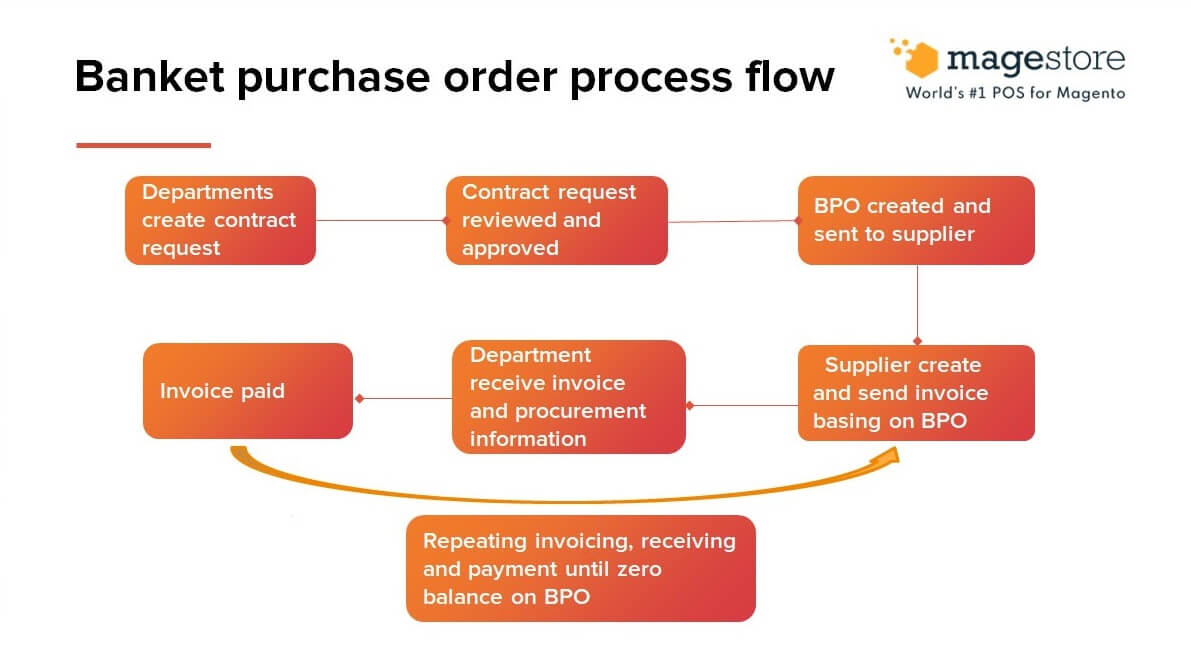
Blanket purchase order (BPO) is a contract or agreement between a retailer and retail wholesale distributors to regularly purchase goods and services at a fixed price for a specified period. It significantly reduces administrative costs. For example, you don’t have to repeat manual purchases. Instead of creating multiple individual orders, you can create one and receive multiple orders.
On the other hand, you also don’t need to renegotiate terms and prices for each order or find new suppliers. As a result, suppliers can proactively prepare all orders and reduce lead times. As a result, BPO can help reduce inventory carrying costs and increase efficiency. As you won’t need to order products as often, you can spend more time on DTC or B2B marketing, sales, and customer service.
Step 3. Use free online search engines to find wholesalers
How to find distributors using Google

Use Google’s search engine result pages (SERPs) elements to refine your queries and uncover potential wholesale suppliers. Google will show you the most suitable vendors, websites, and events for your region if you use the syntax like:
[your location] + distributors / wholesaler / wholesale market
In addition, the search term should include the following elements:
- Keyword from your products: brand name, model number, or product name
- Your niche: characteristics defined in Step 1
How to find wholesale vendors on eBay and Amazon
If you’re just getting started, eBay and Amazon can be an easy start to getting your foot in the door of eCommerce. Since they target retail consumers, the wholesale options will suit retailers with shallow volumes. However, many direct-to-consumer sellers on eBay and Amazon also have the same business side as your business.
Step 4. Refer to wholesale suppliers databases and business directory
Online directory for wholesale suppliers

You can find some of the online directories with a list of the industry’s best wholesale suppliers like:
- Worldwide Brands: A directory of pre-verified bulk and wholesale suppliers in the United States
- Wholesale Central: A pre-screened database of manufacturers, wholesalers, distributors, dropshipping
- National Association of Wholesaler (NAW): List of online industry association websites
- Alibaba: The largest business-to-business (B2B) marketplace for a wide range of products and member international suppliers moderated — beginner-friendly
The U.S. Customs Database
Any businesses which import or export to the United States are recorded throughout the U.S. customs database, and all of this information is freely available to the public. Therefore, it allows you to quickly browse the shipments of every company that imports into the U.S. In addition, the U.S. Customs and Border Protection website recommends using the following 2 websites for the most current information.
Business directory in your local library

Before you arrive, please call your local library first to ensure the right person will assist you when you get there. Libraries typically pay a monthly subscription fee for online business and producer directories. These directories contain regularly updated wholesaler, multi-manufacturer, and distributor profiles with accurate and reliable contact details, including:
- ReferenceUSA: The database for all types of companies and wholesale suppliers nationwide. You can access it through your local library website.
- (NAICS) code: List of products by North American Industry Classification System (NAICS) code. You can easily find the manufacturers and suppliers of your product by this code.
Step 5. Attend domestic and international trade shows
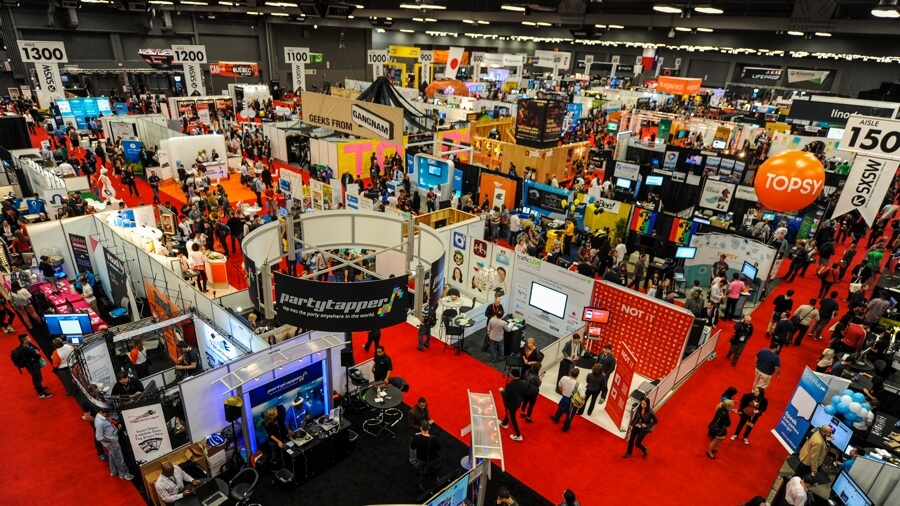
Domestic trade show
Domestic trade shows allow you to meet and talk with countless manufacturers or wholesalers in just one day. These face-to-face conversations help you avoid communication barriers and miscommunication. Plus, it’s the fastest way to connect with proven wholesale suppliers and vendors and showcase their latest products. It saves more time than sending out emails or correspondence lasting weeks. You can find schedules of trade shows from the following websites:
International trade show
You can attend international trade shows to close deals faster. Instead of waiting weeks for samples, you can communicate face-to-face and see and touch merchandise that interests you. The 2 major trade shows are:
- Canton Fair: Take place twice a year with over 25,000 brands and over 190,000 buyers
- Global Sources Expo: Focus on electronic products with over 9,000 trade booths and over 90,000 buyers
Step 6. Get information from trade publications and networks

Subscribe to trade publications
The monthly or quarterly trade publication is a rich source of information on businesses and industry relationships. You can easily find the names of dozens of small wholesalers or manufacturers here. It’s an effective and inexpensive way for you to discover wholesale distributors looking for promotional opportunities and partnerships. Also, subscribe to online newsletters and blogs, which update industry news daily. Here are a few different industry-specific trade publications:
Industry | General retailing | Home and furniture | Fashion and apparel | Pets |
Specialized trade publications |
Join industry groups and wholesalers networks
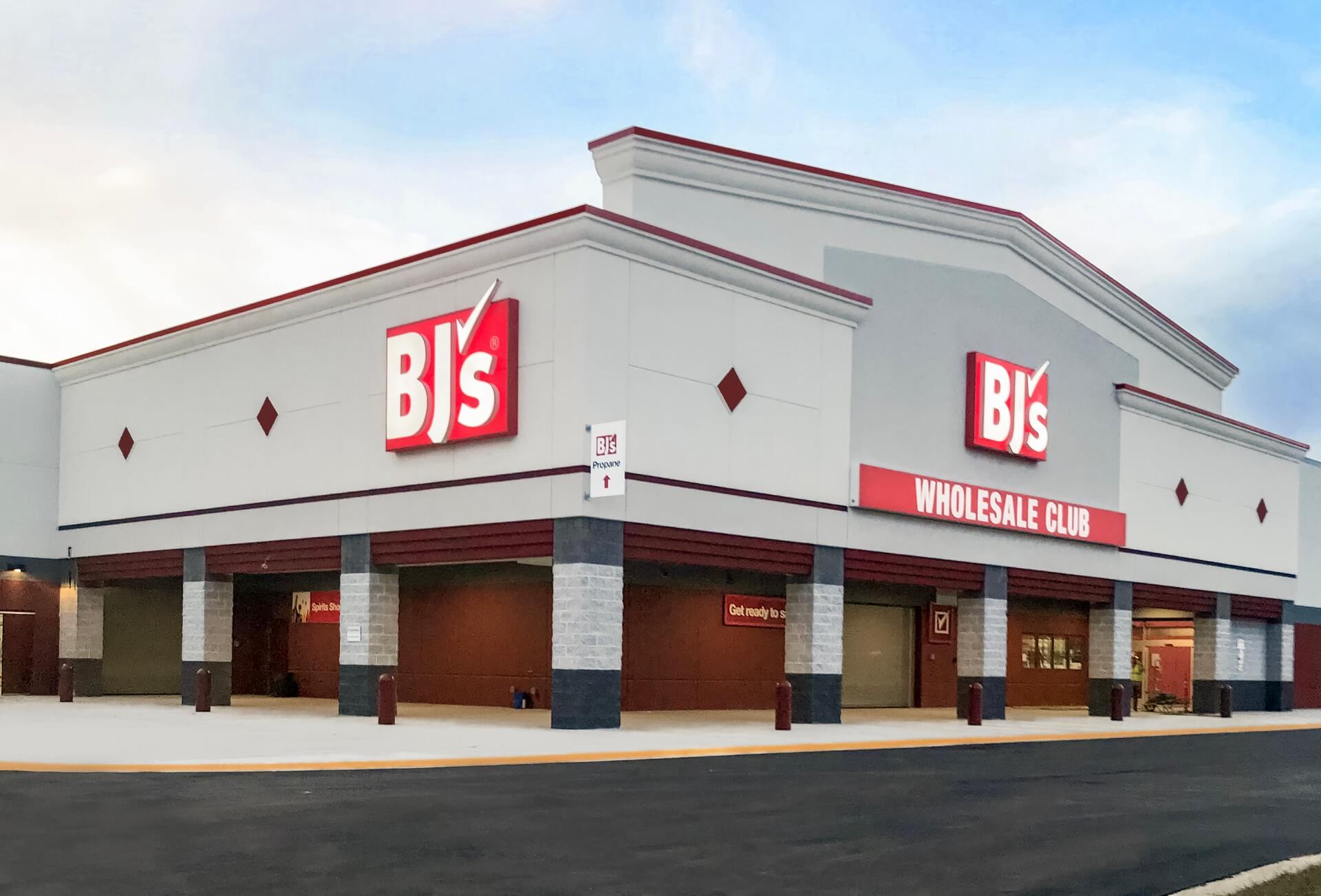
Local connections and business networks have a wide range of expertise. For example, you can connect with these professionals and ask for specific vendors’ recommendations. They’ll usually have a list of accredited providers. In addition, most cities have local professional networks such as:
- Chamber of Commerce
- Business cooperatives
- Manufacturer associations
- Rotary clubs
Step 7. Check your wholesale suppliers information thoroughly

Review wholesalers profile
When looking for retail wholesale distributors on a website, you should evaluate their performance record to see how long they’ve been in business, their reputation, and reviews. For example, have they been selling for years? Do they have a high delivery rate? Is their transaction rate high?. The answers you discover will determine if they’re worthwhile.
Ask about their business license
Whoever you’re dealing with should be on the board. So trusted wholesale distributors won’t shy away if this comes up in the conversation.
Start with minimum order quantity (MOQ)
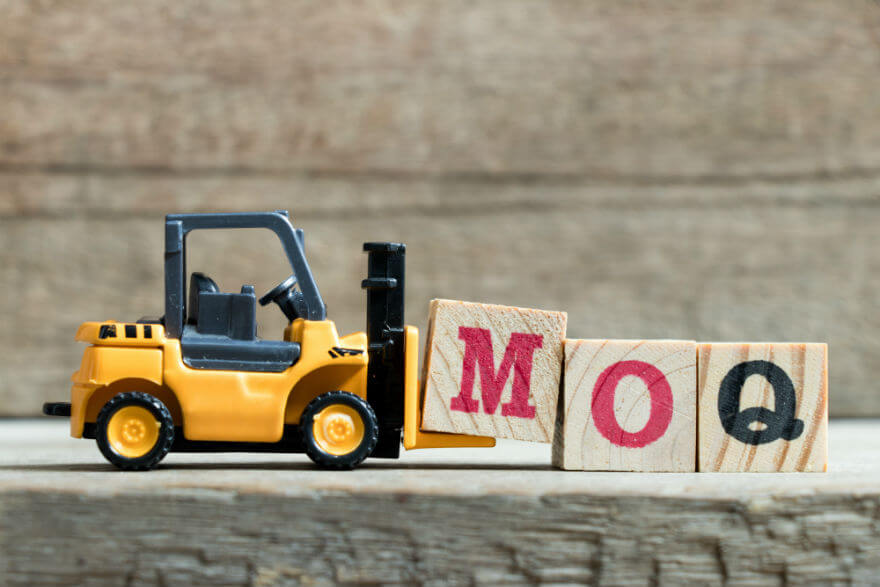
When contacting the manufacturer, you should ask for a sample of the product you intend to sell. From there, you can watch and check the quality to make sure it’s what you want. Then, you can buy their minimum order quantity (MOQ) if everything is OK. It gives you a first-hand experience of their turnaround times and how much demand you can generate for their products.
Negotiate to get a reasonable price
Don’t be afraid to let wholesale suppliers know you’re looking at and researching other competitors. It can get you a better price even if you start small. In short, being honest about what you’re looking for can help you find the best partners for your retailer.
Related questions
How do I contact a company to buy wholesale?

To contact a company to buy wholesale, you can start from the source, working directly with manufacturers to eliminate mediators and cut costs. First, if your retailer sells branded items, try contacting their manufacturers. If these manufacturers only sell through established distribution channels, or your order quantity is too small for your minimum order requirements, or ask for lists of their reputable wholesale distributors to contact. The most popular contact method can be phone or email, including the following information:
- Region they operate
- Wholesale unit price
- Minimum order requirements (MOQ)
How do I find new suppliers?
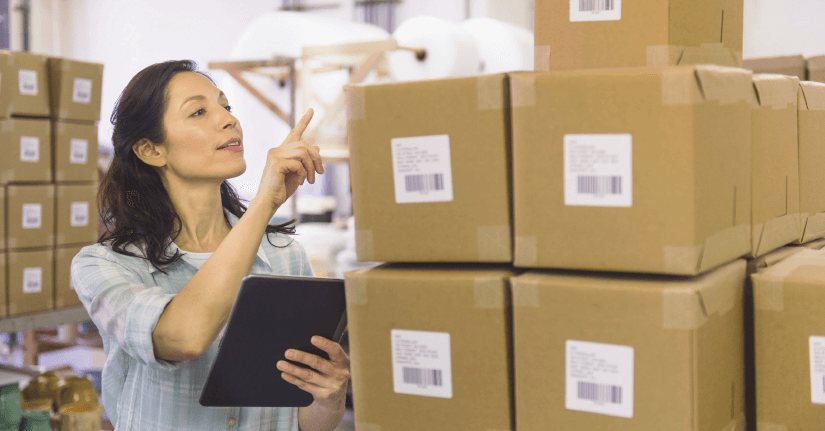
To find new suppliers, you can use the database of wholesale suppliers. Many websites provide information and list thousands of vendors, often from a variety of industries. You can use industry and price filters to narrow down what you’re looking for. In addition, all imported goods are recorded in the customs database. These data are freely accessible to users. You can see which companies have imported what goods to see where your competitors are sourcing from. It may reveal lower-cost alternatives.
What are some examples of wholesalers?
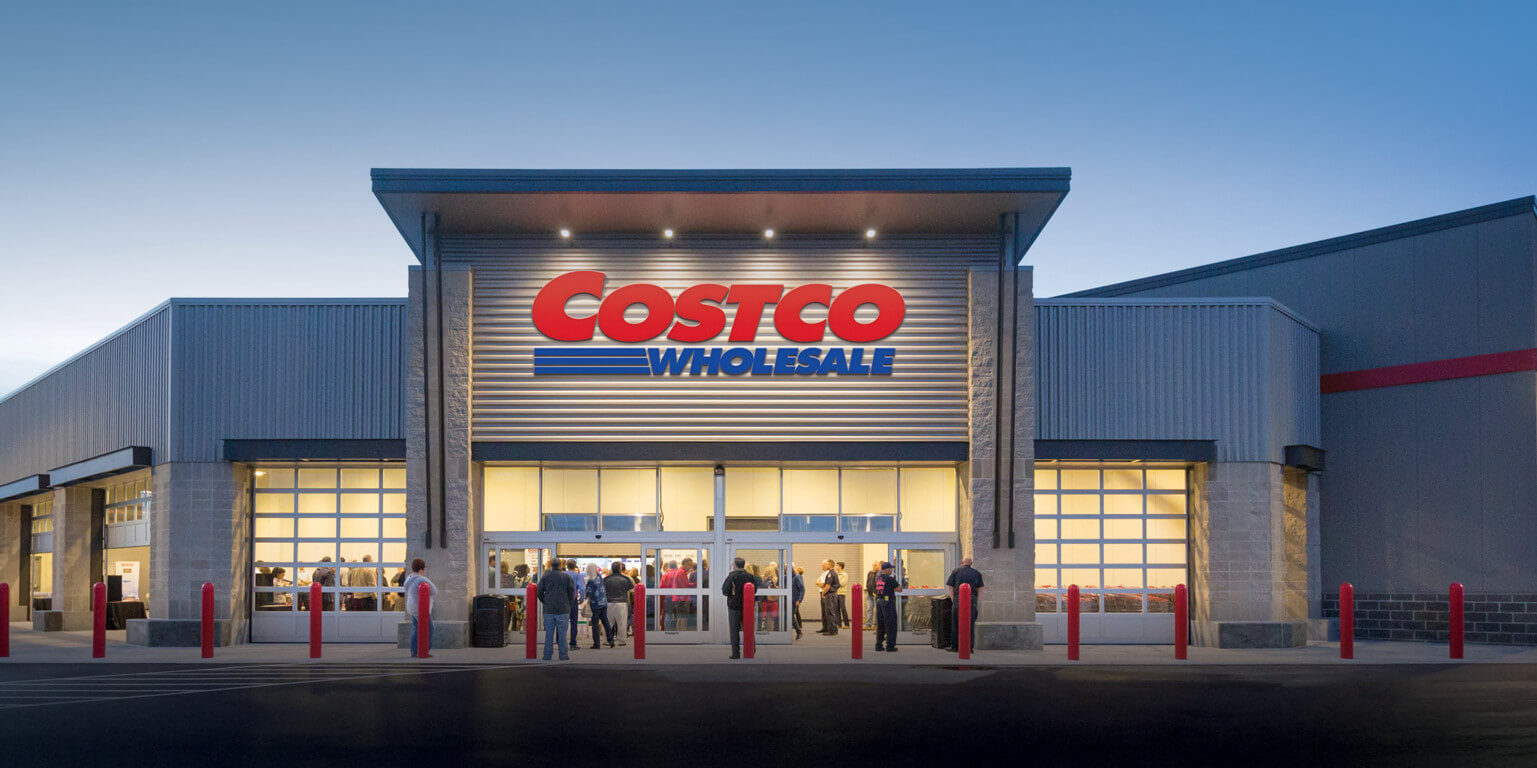
Some examples of wholesalers are local markets like Costco Wholesale Corporation who offer bulk merchandise at discounted prices. Another ones are online B2B marketplaces. The largest B2B eCommerce markets for wholesale distributors, importers, and manufacturers include:
- Global Sources (Global)
- BuyerZone (USA)
- Trade Square (Australia)
- Alibaba (China)
- EC21 (Korea)
Final thoughts
Having a solid wholesale partner makes it easier to build a comprehensive wholesale marketing strategy and achieve high occupancy rates. With that said, the best practices for researching wholesalers for your retail operation are: thoroughly check your wholesale suppliers, look for references, start small, use blanket purchase orders. That’s the secret of how to find wholesalers for your sustainable business. Remember, creating your perfect supply chain is a process that involves a lot of trial and error. Therefore, it’s essential to understand how wholesale partnerships work so you can make the most of your money and time.
